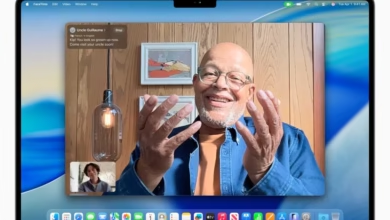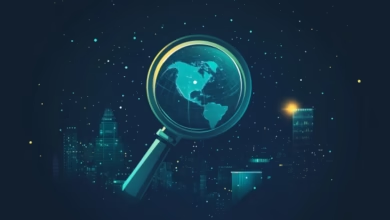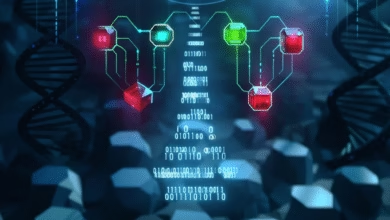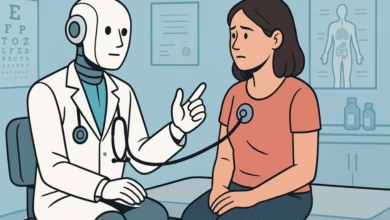AI May Not Deliver Major Scientific Breakthroughs, Says Hugging Face Scientist

▼ Summary
– Thomas Wolf, Hugging Face’s top scientist, believes current AI systems are unlikely to achieve major scientific breakthroughs due to their inability to ask original questions.
– While large language models (LLMs) excel at finding answers, they struggle with the more complex task of formulating groundbreaking scientific questions.
– Wolf critiques Anthropic CEO Dario Amodei’s optimistic view that AI will rapidly solve major global challenges, arguing AI lacks the creativity to challenge existing knowledge frameworks.
– AI models predict likely outcomes but fail at original thinking, as seen in their inability to produce truly novel ideas or art.
– Wolf compares AI’s limitations to mastering Go versus inventing the game, emphasizing that true scientific progress requires asking unprecedented questions.
Artificial intelligence may not be the revolutionary force in scientific discovery that many hope for, according to a leading researcher at Hugging Face. Thomas Wolf, the company’s co-founder and chief scientist, recently shared his skepticism about AI’s potential to drive major breakthroughs, despite its impressive capabilities in processing information.
During an interview at Viva Technology in Paris, Wolf explained that while large language models (LLMs) excel at retrieving answers, they struggle with the more critical aspect of scientific progress, formulating groundbreaking questions. “The real challenge in science isn’t finding answers, it’s asking the right questions,” he noted. “Current models simply aren’t designed to think outside existing frameworks.”
His perspective shifted after reading a widely discussed blog post by Anthropic CEO Dario Amodei, which painted an optimistic vision of AI rapidly solving humanity’s biggest challenges, from curing cancer to fostering global peace. Initially inspired, Wolf revisited the piece and found its claims unrealistic. “AI isn’t suddenly going to cure diseases or end conflicts,” he said. “These systems predict likely outcomes, but true innovation requires questioning assumptions, something they can’t do.”
Wolf compared AI’s limitations to mastering the game of Go. While DeepMind’s AlphaGo demonstrated superhuman skill in playing the ancient board game, inventing Go itself required entirely different creativity. Similarly, scientific revolutions demand original thinking, not just pattern recognition. “Models optimize for probability, not novelty,” he explained. “Yet breakthroughs often come from unlikely, unconventional ideas.”
Earlier this year, Wolf explored this concept in a blog post titled The Einstein AI Model, where he argued that replicating genius requires more than vast knowledge, it needs the ability to challenge established paradigms. Current AI, he wrote, acts like an “agreeable assistant” rather than a disruptive thinker. Until systems can independently question fundamental principles, their role in transformative science will remain limited.
While AI continues to advance, Wolf’s insights suggest that human curiosity and creativity remain irreplaceable in pushing the boundaries of knowledge. For now, machines may assist researchers, but the spark of discovery still lies beyond their reach.
(Source: Fortune)






